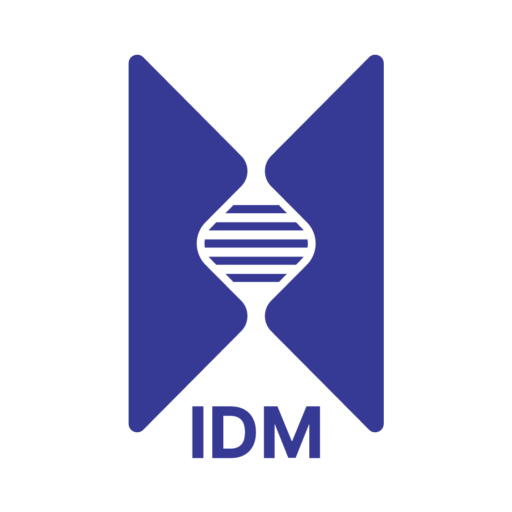Despite significant progress in the past two decades, Albanian civil society (CS) is still struggling to increase influence on governance, reach out citizens and ensure sustained impact of its actions. The Civil Society Index for Albania (2010) provides empirical evidence on the discrepancy between CS development and role in urban areas vs. that in rural and remote regions. The absence of active CS actors in rural areas and remote regions deprives local communities from benefits of participatory and citizen-oriented governance and also from advantages of EU accession process. Namely, civil society actors are crucial for future Local Action Groups (LAGs – a tripartite partnership between civil society, local governments and private sectors) as the main structure through which EU’s assistance for local stakeholders’ rural development efforts will be channelled in Albania (IPARD component). The project aims to revitalize CS in rural/remote areas and to promote good governance through building capacities & empowering CS, as well as through facilitating close cooperation and partnerships between CS and local & regional authorities
This initiative strives to revitalize civil society in rural / remote areas and to promote good governance and civic engagement in Albania’s most disadvantaged and peripheral regions. The overall purpose of this project is the empowerment of Civil Society in remote and rural areas of four regions (Alb. Qark) with the ultimate purpose of contributing to the development of good governance, civic engagement and adjustment to the challenges of EU integration.
The proposed initiative is designed to deliver concrete results over an 18 month period of implementation and address the principal concern through the achievement of two specific objectives:
- Building sustained capacities for rural civil society (RCS) as an indispensable stakeholder to advance rural communities’ priorities through concrete actions that rely on and promote adherence to key democratic principles of participatory, accountable and citizen-oriented governance.
- Build sensitivity and advocate with national / local stakeholders on strengthening RCS, developing alternatives to boost the impact of third sector in rural areas and empowering RCS and local stakeholders to engage in networking and tri-partite partnerships as an efficient instrument addressing development disparities and EU rural development
The project will first map CS actors and their needs in four districts (Alb. qark) covering almost 40% of Albania’s territory and also most remote regions.[1] The subsequent components of the project will build rural civil society (RCS) capacities, reorient them towards disparity challenges and development priorities in their areas and empower them to generate change. Special focus will be dedicated to strengthen the foundations of a RCS that relies on good governance principles of transparency, accountability, inclusiveness and on sound internal management system. Simultaneously, a series of activities will be carried out with the aim of improving the local environment where RCS operate and the cooperation with regional and local authorities as well as with other stakeholders. Finally, networks of CS will be encouraged to become part of rural dynamics in the area, among which future Local Action Groups an initiative that will create sustainable rural partnerships in match with EU accession criteria. Civil society actors in these areas will be provided with capacities and access to skills-building resources parallel to advocacy efforts with local donors and public authorities to encourage and support partnerships with RCSOs thus adding local value to the dynamics of EU’s IPA rural development assistance for Albania.
The project will be supported by UNDP Albania in a time-frame of 18 months. The practical activities will be implemented by the Institute for Democracy and Mediation (IDM), a non-governmental organisation that operates in the civil society sector for more than a decade. The Institute has proved to be a reliable and resourceful partner in a previous cooperation with UNDP related to the implementation of a major assessment and capacity building project – the Civil Society Index for Albania (2010).
Based on these criteria UNDP will decide about the target qarks. Hence four target areas will be chosen from the following – Qark of Lezha, Diber, Berat, Elbasan, Korca, Kukes and Gjirokastra.


